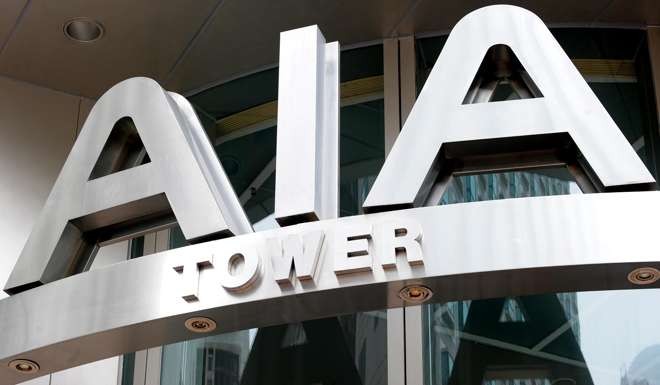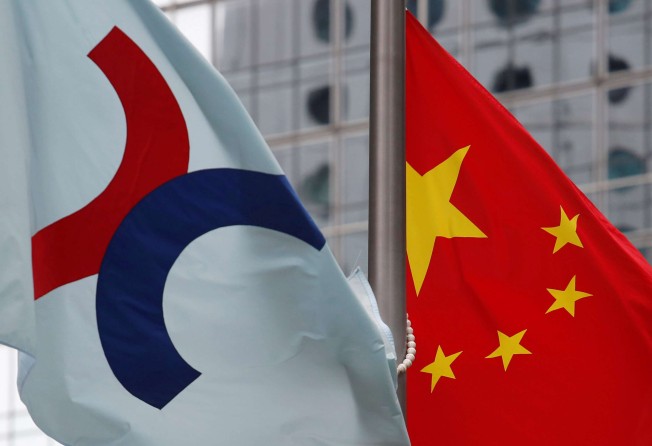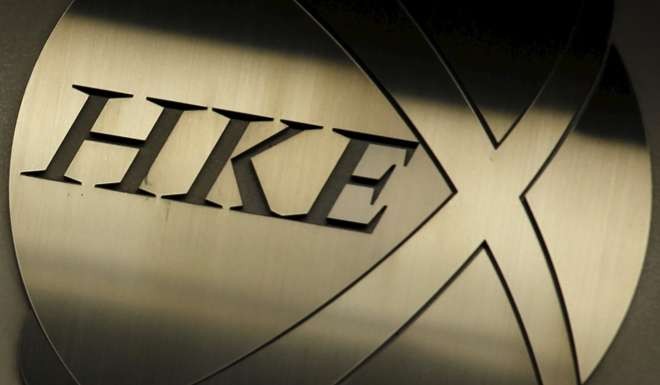
Hong Kong stocks rebound on upbeat China inflation data
Hang Seng gains nearly 1 per cent to close the week at 23,233.31

Hong Kong stocks halted their four-day losing streak on Friday, as China’s latest inflation figures beat market expectations.
The Hang Seng Index closed the day up 0.88 per cent or 202.01 points at 23,233.31, led by gaming, property and financial shares. The Hang Seng China Enterprises Index gained 1.10 per cent to 9,601.40.
Alex Wong Kwok-ying, asset management director at Ample Capital, said the market is undergoing a correction after the over-900-point decline in the Hang Seng over the past four days.
“We’re not having too much upside momentum and risk is still on the downside,” he said. “But this is just a correction of the strength we have seen this year.”
The market took cheer, especially, from figures showing Chinese consumer prices grew 1.9 per cent in September, a four-month high, while producer inflation rose for the first time since 2012, raising optimism that spare capacity in the economy was beginning to ease.
The monthly rise in the consumer price index (CPI) followed a 1.3 per cent increase in August. Bloomberg forecasts had been for a 1.6 per cent rise.

“We expect PPI to continue improving on the back of recovering commodity prices and a low base.
However, the overcapacity in the economy should limit the upward pressure of inflation,” ANZ analysts David Qu and Raymond Yeung wrote in a note.
Friday’s stock rally was largely driven by the better-than-expected inflation figures, but sell-off pressure remains, said Kenny Wen Kit, wealth management strategist at Sun Hung Kai Financial.
Turnover on the main board on Friday was HK$60.26 billion, down from HK$74.52 billion on Thursday.
“The market is cautious, turnover is low, and trading is slow,” Wong said. “It [is] a news-driven market, sentiment [is] not too strong.”
ANZ expects overall inflation to remain stable, maintaining its forecast that annual CPI will rise by 2 per cent this year.
The market is cautious, turnover is low, and trading is slow. It [is] a news-driven market, sentiment [is] not too strong
“A short-term rebound is expected after the Hang Seng Index plunged 1,000 points in four days and the inflation data is good, but technically there may be more sell-off pressure after the benchmark broke below the 50-day moving average for the first time in two months,” Wen said.
Wen expects the Hang Seng to find support at 22,700, while the expected launch soon of the Shenzhen-Hong Kong Stock Connect will help increase southbound inflows.
Wong remains concerned, however, about weak southbound flows, adding the stocks attracting mainland capital are underperforming renminbi-based assets.
Markets saw a pickup in upstream industrial manufacturers, as well as steel companies, which Wong attributed to the PPI revival, which reflects an improvement in manufacturing overcapacity.
Angang Steel rose 3.73 per cent to HK$3.89 after announcing it expected a net profit turnaround from losses last year. Maanshan Iron and Steel Co advanced 1.71 per cent to HK$1.79.
Hong Kong Exchanges and Clearing shares rose 1.08 per cent to HK$205.40 after chief executive Charles Li Xiaojia said after the markets closed on Thursday that the Shenzhen Stock Connect should begin trading on a Monday in mid November.

The reading was better than the estimates of most analysts. J.P. Morgan earlier expected its VONB to rise 25 per cent year on year in the third quarter, while Goldman Sachs forecasted 24 per cent growth.
China Unicom (HK) was the biggest gainer of the blue chips, increasing 2.81 per cent to HK$9.88.
Casino operator Sands China surged 2.79 per cent to HK$35.00 after official data shows visitors to Macau during October 1 to 7 surged 19 per cent year on year.
On the mainland, the Shanghai Composite Index rose 0.08 per cent to 3,063.81, while the CSI 300, which tracks companies with high capitalisation value in Shenzhen and Shanghai, advanced 0.10 per cent to 3,305.85.
The Shenzhen Component Index edged 0.26 per cent lower to 10,759.68 while the Nasdaq-like ChiNext fell 0.65 per cent to 2,194.23.
Shares in Sinochem International jumped 9.99 per cent, effectively the maximum daily limit, to 10.57 yuan, after Bloomberg reported the state-owned firm will be merged with its peer ChemChina.
Elsewhere in Asia, the Thailand SET Index jumped 4.50 per cent to 1,476.43 after the announcement that King Bhumibol Adulyadej had died. The rebound came after the Thai benchmark dropped 6.7 per cent starting from October 5, when the monarch was first reported to be unwell.